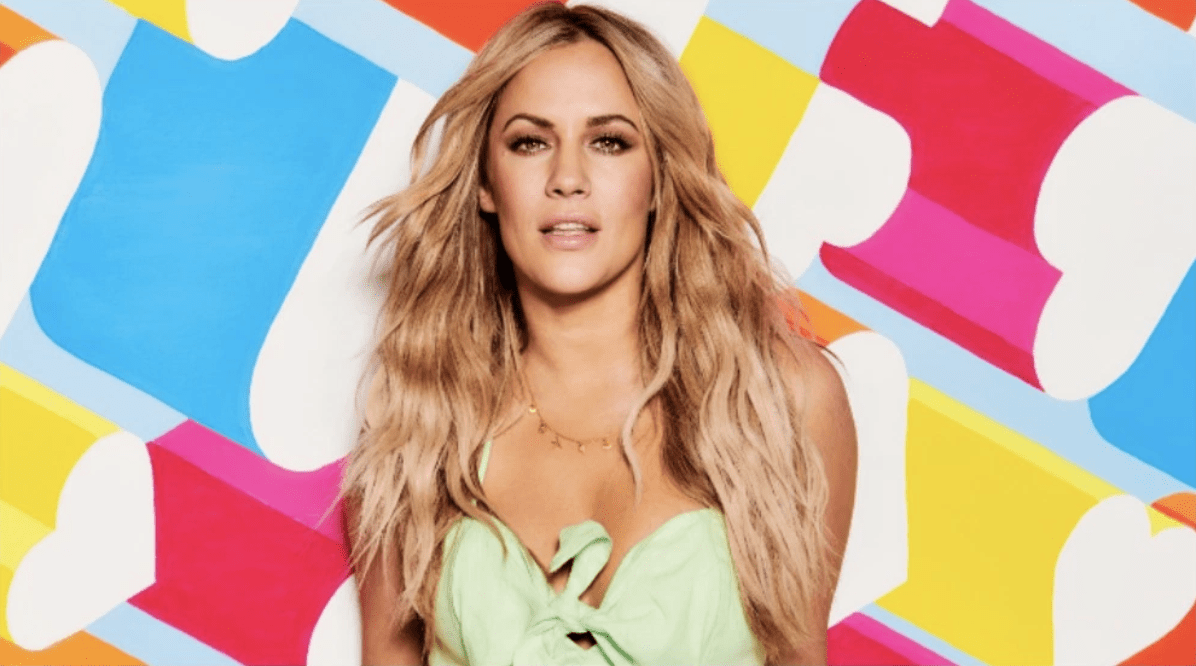Following the tragic suicide of Caroline Flack last Saturday, calls have been made yet again for Love Island to follow in the footsteps of The Jeremy Kyle Show, and cancel the show. Caroline Flack’s death marks the third suicide related to the popular ITV2 reality show. So, there’s no doubt as to why Love Island has come under scrutiny for the welfare of its contestants.
People were quick to blame Love Island for the deaths of Sophie Gradon and Mike Thalassitis, criticising their lack of onsite welfare, and protection of the contestants once they left the show. In fact, onsite support and post-show support has increased massively, with the islanders being given compulsory therapy sessions for the 14 months after they leave the show. However, with her abuse stemming solely from allegations based outside of the show, Flack’s death shows us that the problem might not be merely the result of the reality show.
Love Island has broken viewership records year on out and is the most popular reality TV show of all-time. What comes with this is a continually growing social media following. #LoveIsland is the top twitter trend every night it airs, with numbers reaching up to 5.9 million on the pilot episodes of last summer. Social media users don’t even need to watch the show – snippets and highlights are shared and promoted exponentially across Instagram and Twitters platforms nightly. This makes it incredibly accessible and even harder to avoid. With the growth of the show, this makes me question, how do TV shows prepare their contestants for the public masses who take to social media to act as backseat judges?
The hard-to-swallow pill is that cancelling Love Island would not actually solve this problem. A new reality show would soon enough fill its place, and the Twitter users who love to have someone to hate would find a new target for their newfound unplaced online resentment. It seems that people are waking up to this reality: a petition for #CarolinesLaw, a law to monitor press harassment of celebrities, received over 500,000 signatures in the days following Caroline Flack’s suicide. After the first two suicides, you might question why people have not woken up to this sooner. How many more series and how many more deaths will it take for people to take a step back from their keyboards?
This is the hard truth of the matter; it is all too easy to blame the producers of Love Island for gross negligence of their contestants. It is far harder to look in the mirror and think – did I do all that I can to be positive about the people around me today? Did I take unnecessary time out of my day to express negativity to someone I don’t know online?
Cancelling Love Island is cancelling the symptom, not the problem. To quote MIND charity’s well-circulated slogan since Flack’s death – in a world where you can be anything – be kind.
Image Credit: Shuttershock
Ashley Shaw

